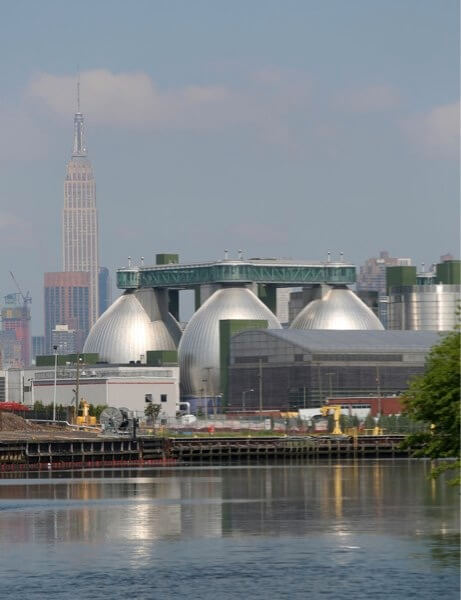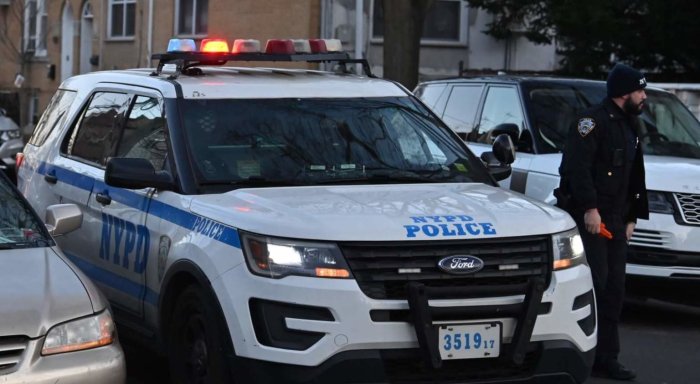By Bill Parry
The city has asked Queens residents to reduce their water use during rainstorms in an effort to cut down on pollution in Newtown Creek, Bowery Bay, Flushing Creek and Flushing Bay. This is a first-in-the nation undertaking.
Homeowners and tenants are requested to voluntarily wait to engage in water-intensive activities, such as doing laundry, washing dishes or even flushing the toilet during inclement weather in order to create additional capacity in the combined sewers system, reducing the likelihood of a sewer overflow into nearby water bodies, according to the city’s Department of Environmental Protection.
“While we invest hundreds of millions of dollars every year to build infrastructure that protects the health of local waterways, the Wait Program engages citizens and allows them to directly contribute to the protection of our environment,” DEP Commissioner Vincent Sapienza said. “New York Harbor is cleaner today than it has been in more than a century and with the help of all New Yorkers we can continue to build on this important progress.”
The Wait Program will utilize real-time data and alert participants by text message when overflow events are expected, especially during heavy rainfalls when the amount of stormwater and wastewater can be discharged into area waterways.
“The pilot Wait Program will help reduce pollution in our city’s greatest resource — our waterways,” City Councilman Costa Constantinides (D-Astoria), the chairman of the Environmental Protection Committee, said. “Volunteering to wait to perform chores like laundry and dish washing reduces the likelihood of sewage overflow into water bodies, including Bowery Bay.”
DEP is the first water utility in the nation to pilot this type of program, which is modeled on a successful initiative administered by the Newtown Creek Alliance, a community-based organization dedicated to restoring the polluted body of water that separates western Queens and northern Brooklyn.
“There is an immediate opportunity for residents to reduce pollution by being aware of when sewage treatment plants hit capacity during rain events and overflow into local waterways, and then taking action to not create additional wastewater during these crucial periods,” Newtown Creek Alliance Program Director Willis Elkins said. “While we seek continued investment from the city to improve long-term sewer infrastructure and stormwater collection, educating the public about the impacts of our own wastewater, especially during rain events, is one of the few options that can be implemented today.”
Reach reporter Bill Parry by e-mail at bparr


































